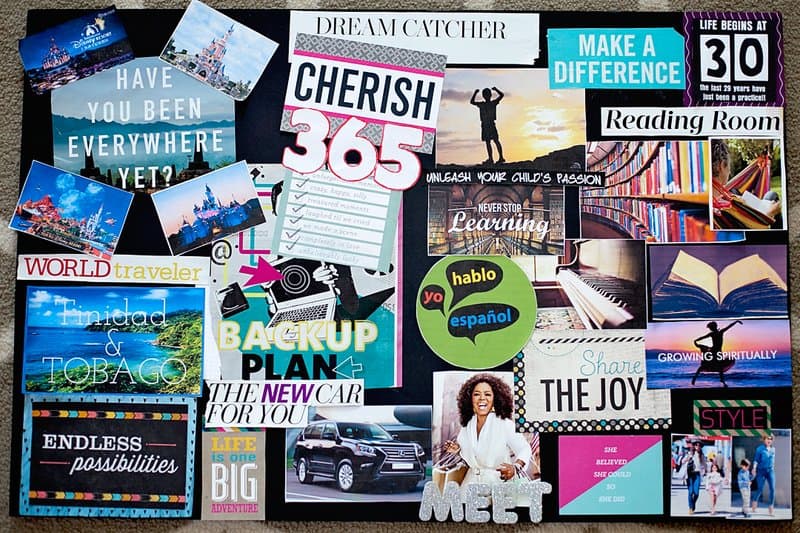- Curators of the latest vision board event believe they make achieving goals practical
THATO CHUMA
It has been a long standing tradition for people to launch their year with resolutions, but these are gradually being replaced by ‘vision boards’. Just as it is implied by the name, one gets to create a vision of the life they want to achieve in a specific year on a board.
This is done through numerous words and pictures usually sourced from magazines. From being an individual exercise, vision boarding is now growing into intimate brunch sessions that are hosted during the first quarter of the year.
Larona Sengwaketse and Nollie Ngwira-Moeng curated a vision board event at the pleasure of the numerous attendees last Saturday. Sengwaketse explained that such sessions are essential for setting the tone for the year. “I have been doing vision boards since I was in high school and it really took me a while to appropriate the meaning of the whole process,” she said.
“Creating it needed to resonate with me and I had to figure out how to make it work for me. I took all of this experience for granted until I had a conversation with a friend about us creating them together. That is where the idea of hosting an intimate session with those who are enthusiastic about it came into being. We had our first event in 2021 and it will be an annual event.”
Participants are encouraged to deeply explore their intentions and are given materials from which they get to personalise their aspirations through. “We want people to grasp an appreciation for the process of creating a vision board and how to use it during the course of the year to accomplish their goals,” Sengwaketse added. “I believe creating a vision board is a liberating process as it allows you to give yourself permission to dream as boldly as you want. The process of writing down and attaching pictures to your dreams makes them tangible, and it becomes easier to believe in what you can see or touch.”
While it is usually perceived as a superficial exercise with no scientific bearing to it, vision boarding is used as an effective tool for therapies such as counselling and psychotherapy where patients envision healthier versions of themselves. This is in relation to how visuals can create new ‘neural pathways’ that can impact behaviour.
In a study by Cleveland Clinic Foundation published in Psychology Today, one group of participants was asked to do scheduled physical workouts while another was asked to do “visual workouts”. The group that did the physical gym workouts showed a 30% muscle increase while the group that worked out in their heads showed a 13.5% muscle increase. This has served as one of the basis for the importance of visualisation when it comes to goal setting.
Sengwaketse believes vision boards make achieving goals practical. “A vision board helps you formulate a plan for how to achieve your gaols and it acts as a reminder during the course of the year of what you set out to achieve,” she said.
The event was well attended and the two look forward to growing it.

